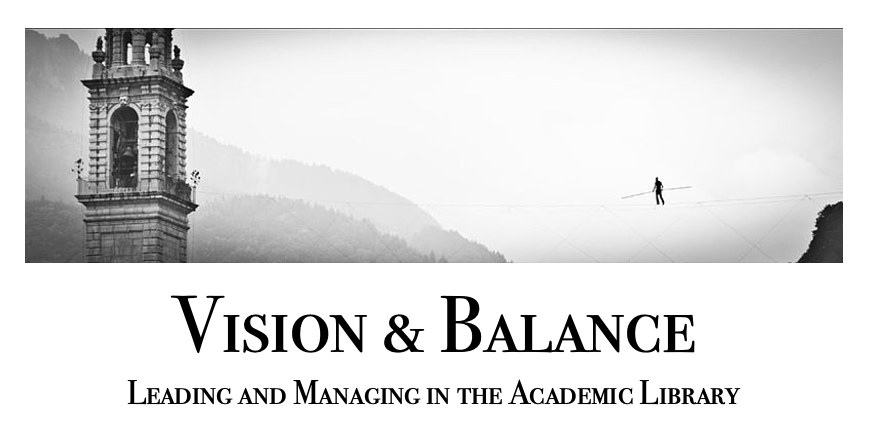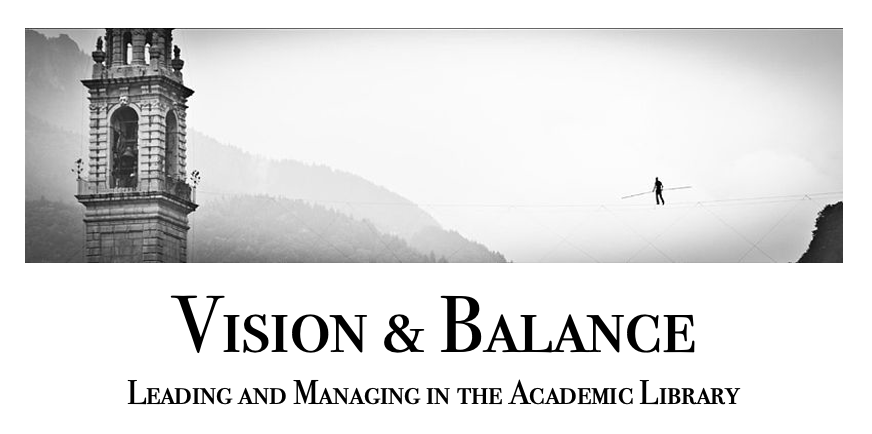The Very Important Difference Between "Necessary" and "Sufficient"
How do you make decisions in your library? Here are some thoughts on appropriate (and inappropriate) processes and criteria.

Most of us are familiar with the important distinction between necessary and sufficient. For example, air is necessary to human life: without it, you’ll quickly die. However, air is not sufficient to sustain human life: if all you have is air, you’ll also die (though much more slowly than if you didn’t have air).
Let's think about this principle as it applies to organizational decision-making. In this context, we could talk about the difference between essential questions (those that address necessity) and dispositive questions (those that address sufficiency).
An essential question is one that can eliminate options, but does not provide sufficient information to make a decision between the options that remain. For example: if I have four applicants for a position, and one of them does not meet the basic qualifications for the job, I can eliminate that candidate. (Because meeting the basic qualifications is essential.) However, meeting the basic qualifications is not dispositive: there are multiple candidates who meet those qualifications, so I have to apply other criteria in order to choose one of them.
A dispositive question is one that leads to a decision between available options. For example: among the three candidates for the job who meet the basic qualifications, I have to ask myself "Which of these is the best possible choice?". That's a dispositive question, because it leads me to opt for one candidate and eliminate the others.
